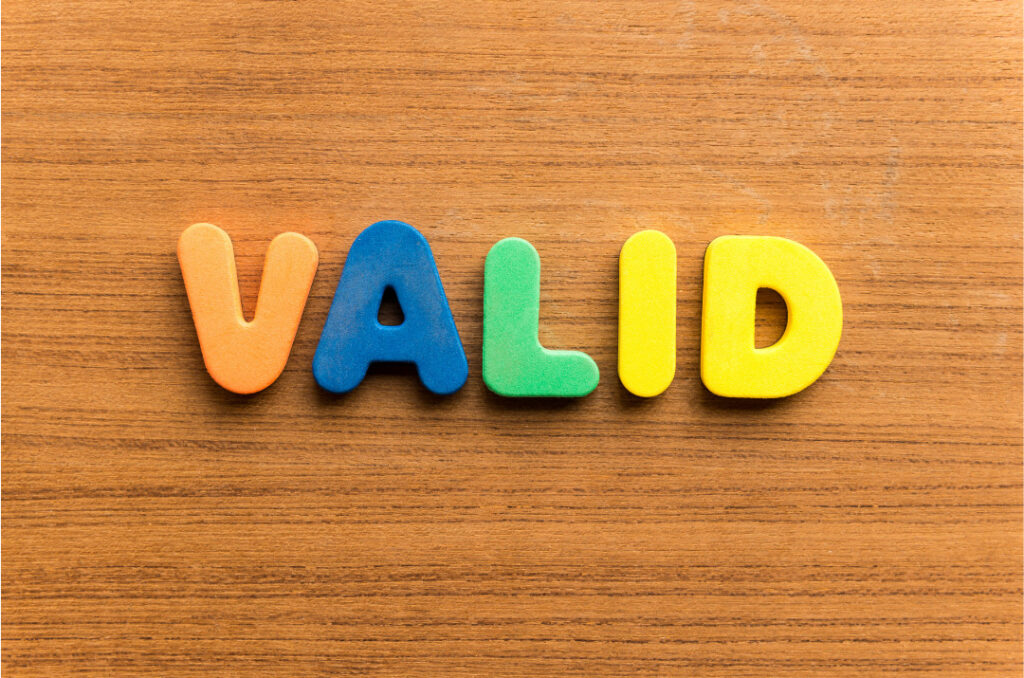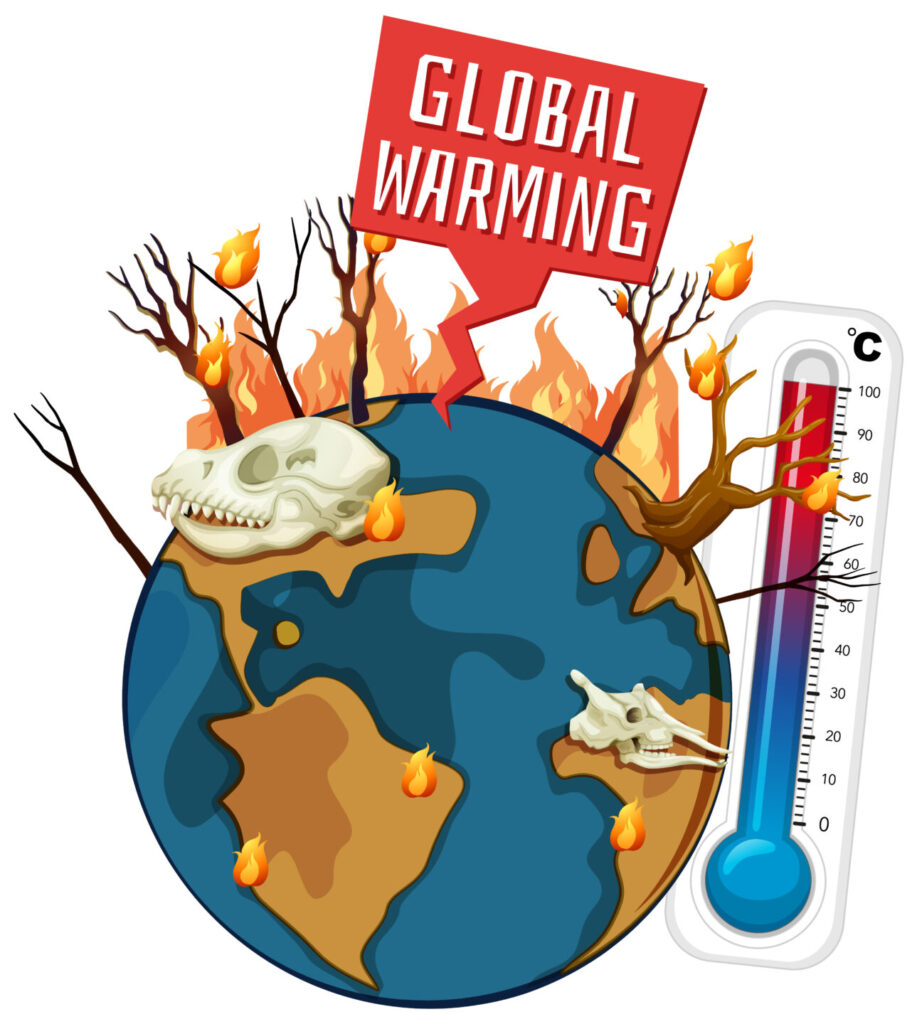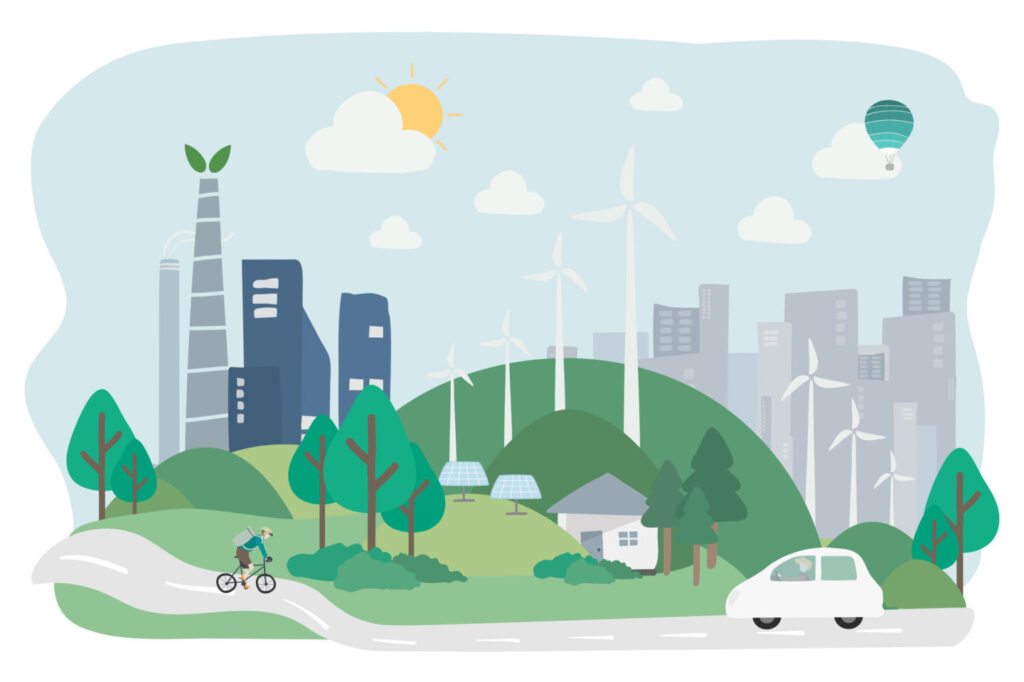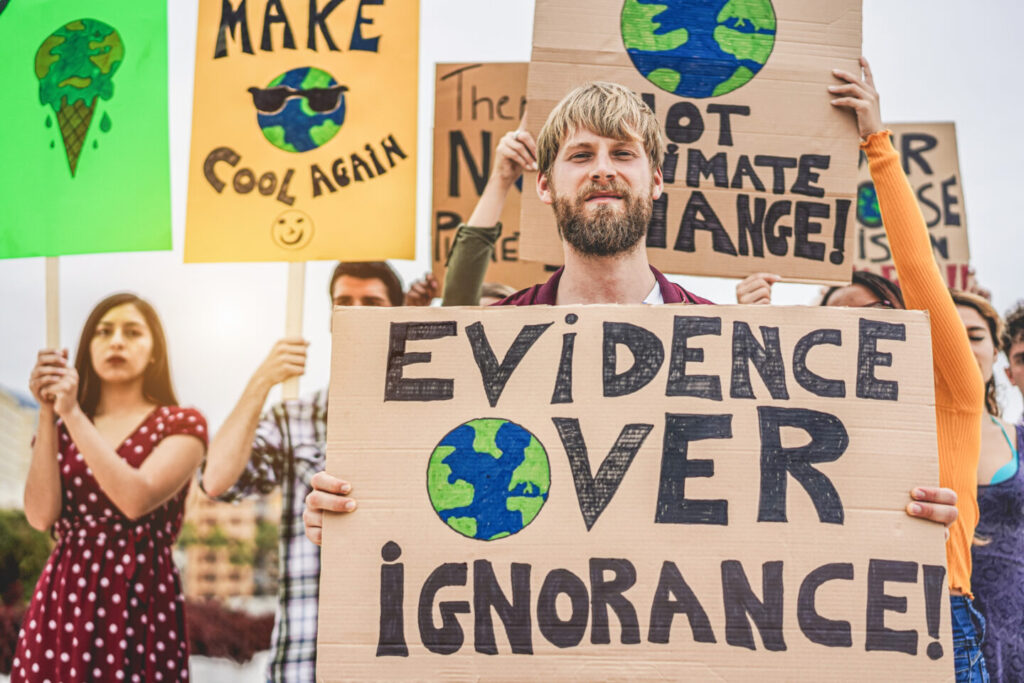It has been said that that climate change and the climate crisis is one of the most important issues to young people today. As much as it’s important to care for the environment, the uncertainty of the future can be very worrying and overwhelming.
What is eco-anxiety?
Eco-anxiety is a term gaining popularity to describe the stress, panic, sadness, fear and helplessness that individuals feel when thinking about the effects of the climate crisis on the future. It’s important to note that this is not a diagnostic term but instead helps people to categorise this overwhelming existential fear of survival for our future, and the future of generations to come.
As much as it’s a good thing to want to create meaningful change and tackle the climate crisis head on, it can also bring about unpleasant feelings termed eco-anxiety. Here are some ways to try and help manage eco-anxiety:
1. Validate your feelings
Know that the feelings that you are having about the climate crisis is okay. You are allowed to feel worried, scared, helpless, and nervous. Sometimes, feeling these things can help motivate you to create a change and take action – which can be a good thing. Other times, feeling this way can consume you and have a really negative impact on your wellbeing. Remember that these feelings are temporary, yet still valid.

2. Practice acceptance
Practicing acceptance is harder than it seems, but it can really help to combat eco-anxiety. Try to accept that we don’t know what is going to happen, or what the future holds. We may have these ideas based on our own thoughts, predictions from scientists, or the media, but we cannot be sure until it happens.
Also, accept the fact that you can only change your own actions, so focus on the changes you can make rather than trying to help others take action. The energy spent trying to get others to realise the extent of the climate emergency could be spent on other more productive and proactive things that will make you feel good about your actions.

3. Think positively
Movies, TV shows, and books do an incredible job at presenting a post-apocalyptic view of the future. If you’re asked to think about what the future of the earth looks like, I bet you think of a terrifying dystopian future. Instead, try to think about what working toward a better future looks like. Maybe that’s renewable energy everyone, or shared community gardens with fresh veg for all! Thinking this way helps remind yourself and others what we are fighting for. It focusses on a future of humans thriving in their environment, rather than struggling to survive.
It may be hard to think positively, but noticing out successes can help us ground our thoughts. It’s human nature to want to see more change quickly and we know there’s always room for improvement. However, reflecting on how far we have come in regards to tackling the climate crisis is such an important step. Many changes have been made worldwide – with the banning of single use plastic, and countries pledging carbon neutrality! Celebrate these success and use that feeling of triumph rather than despair to guide your next actions.

4. Educate yourself
The media great at getting information across and is very easy to consume, but it’s not always correct. Usually, news pieces will share the most shocking fact, but will remove the detail or context to retain attention of viewers/readers. Remember to get the facts beyond the headlines to ensure you have a more accurate understanding of the news. This will also help you to feel less anxious about what’s being shared in the media, which can often be very saddening and scary.

5. Take action
A fantastic way to ease you eco-anxiety is to get out and do! Get involved with local government to share your thoughts, or host a community clean up. Even bringing a litter bag on your dog walk and collecting rubbish you find is a great way to make a different and take action. Taking ownership can help you feel more in control of your feelings.

6. Find a supportive community
Tackling the climate crisis can be isolating and lonely which only adds to feelings of stress, worry, and anger. Why not research and join a national or worldwide environmental campaign group? You could also join a local eco-friendly group and share your concerns, but also plan to do things to tackle the climate crisis together.
If you’re struggling to find someone to share your thoughts or feelings with, why not talk to Meic. Meic is the helpline service for children and young people up to the age of 25 in Wales. They’re open from 8AM-Midnight daily and you can contact them via phone, text, or online chat. The service is free and non-judgemental. They’ll help by giving you information, useful advice and the support you need to make a change.





